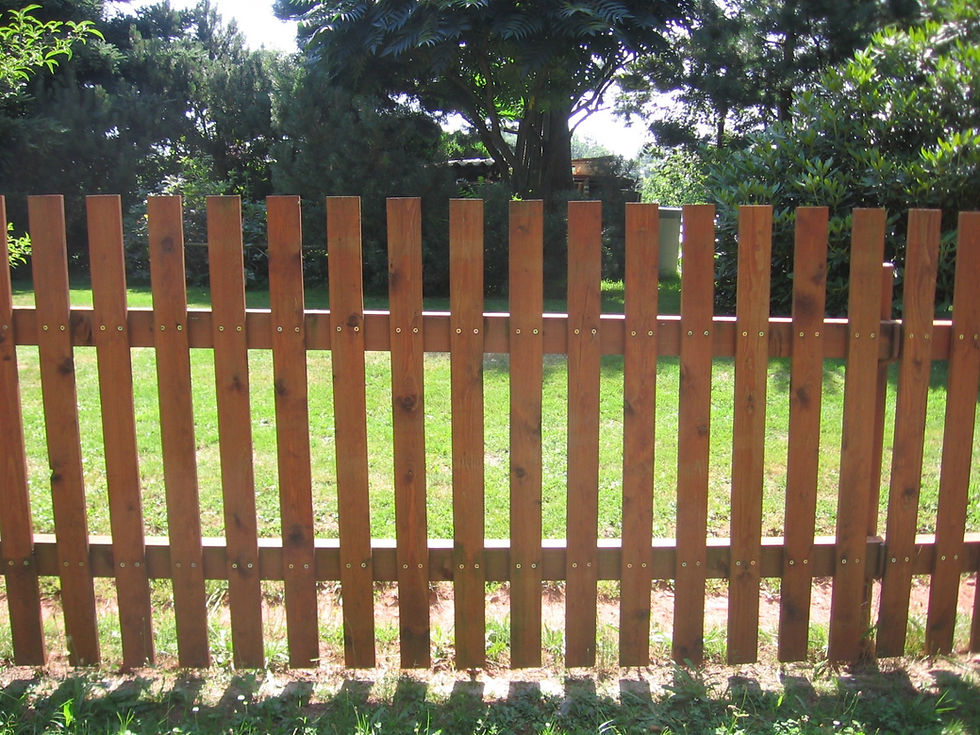Boundaries - Do You Know Yours?
Knowing Your Boundaries
Boundaries are important because they remind us and inform others of our limits, non-negotiables, do's and don'ts. No matter what anyone may say, boundaries are good. In positive relationships people gladly respect each other's healthy limits. We understand that non-negotiables are just that, unable to be changed or altered. We have to know what our boundaries are in order in recognize what lines we are and are not willing to cross. If we don't think about our boundaries beforehand we may find ourselves susceptible to almost anything. If we have no do's and don'ts then we are up for whatever; anybody can get us to do anything.
Indicating Your Boundaries
We can show our boundaries in various ways. Sometimes all we have to do is state our boundaries. I do not let my kids spend the night at other people's homes. I begin everyday with meditation. No kissing on the first date. Dinnertime is family time; no interruptions. These are examples of boundaries. They indicate what a person will or will not allow. They are clear and definitive.

Boundaries can also be shown based on our actions. Once, someone I am not close to approached me for a full frontal hug. For me, this is an invasion of my personal space. Without thinking, I immediately shifted my body so that the person received a side hip and shoulder, with my arm around the person's upper back (aka, a church hug). This is also the type of hug I typically give older children and teenagers who are not in distress, and someone who is not my partner or an immediate family member. It is easily understood by those who may not know this is one of my limits, and it is rarely tested by those who have already been informed. It is an assertive way to convey my boundary
An aggressive way to express the same boundary would be to push someone off of me or become irate and yell at the person who was in no way attempting to harm me or intentionally cross a boundary. I have done both of these to people who did not deserve such a response. There is time and place for this, but in general this is not the healthiest way to indicate the boundary.
Adjusting Your Boundaries
There are also times when we need to evaluate and possibly adjust our boundaries. Some of our boundaries may be irrational. Others may have served a purpose for a time and are no longer helpful. Additionally, sometimes we need to have firmer boundaries. A parent once asked me about giving his 5th grader a cell phone. My response was a series of questions to help him determine his current boundary and decide if it was still appropriate. He decided that he wanted to adjust his boundaries and allow his child to have a non-smartphone, and gradually allow the child to learn the rules and responsibility necessary to receive a smartphone. By evaluating his boundaries, the dad realized it was time to broaden them in this instance. In another situation, a student was going out on a date with someone she really liked. While talking, I asked her limits for a first date. She'd never thought about them. Together we thought about various scenarios, and she began to identify her non-negotiables. She adjusted her boundaries by constricting them.

Holding Firm
Let your yes mean yes, and your no mean no. When you say what you mean and mean what you say, people are less likely to question your response.
Stop explaining. Everyone is not due an explanation. Politely indicate your boundary and let it stand. For those who do deserve or require an explanation, politely give it without wavering.
Listen to your gut. Our body feels stress before our brain recognizes it. Stress hormones are developed in the stomach. When you have "that feeling" trust it.
Practice. Practice with smaller, less difficult, situations so you will be prepared for more serious ones.
(C) 2020 The Hope Pusher, LLC | Dr. TJ Jackson

Comments